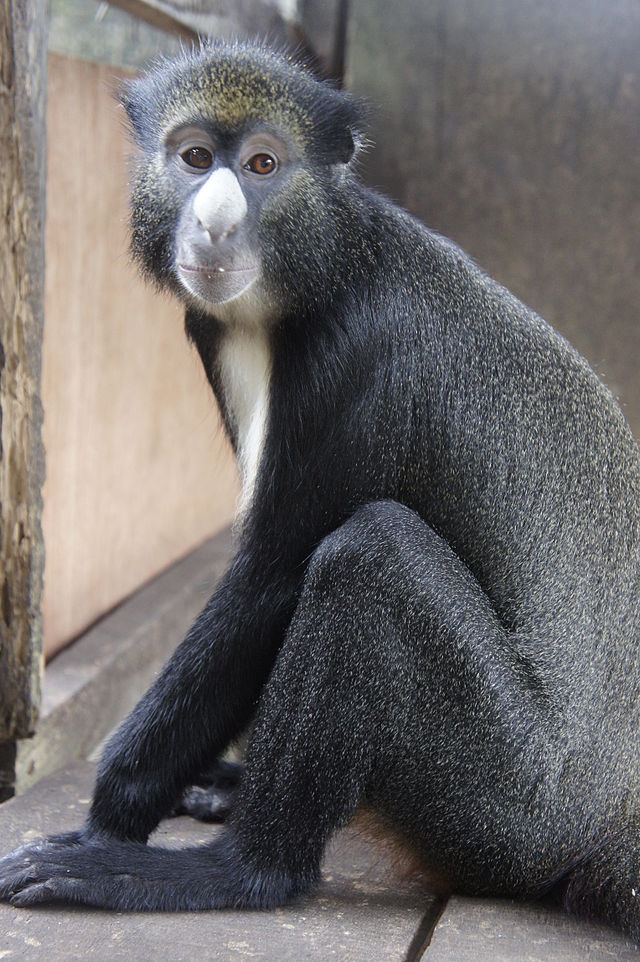Sensing Calories
Our brains may get pleasure from high-calorie foods that has nothing to do with taste.

Our brains may get pleasure from high-calorie foods that has nothing to do with taste.
Scientists test whether predators really mistake the eyespots on the wings of some butterflies for real eyes.
INSECTS & SPIDERS: Spiders play dead for sex, how to make a queen bee, foiling the mosquito's sense of smell, and a new treatment for Lyme disease.
Eating a toxic newt could kill a human, so why can some hungry snakes get away with it?

A new, comprehensive repository of scientific information for all life on earth comes to the web.
What happened to our vitamin C, new insights into childhood leukemia, and why artificial sweeteners make rats fat.
How air pollution could cause heart disease. Global warming may make Antartica vulnerable to predators. "Virtual" children help real children thrive.
Global climate change could open the Antarctic up to predators it hasn't seen in millions of years.
AAAS 2008 ANNUAL MEETING SPECIAL: Sand spiders use elaborate camouflage, a new interactive map tracks threats to the oceans, and four healthful habits of long-lived people.
Researchers discover how a spider renders itself nearly invisible using a coat of sand.
Space Research Update: the 11-year solar storm cycle returns, the MESSENGER spacecraft reports back from Mercury, and the search for intelligent life in the universe continues with the help of your computer. Also: Unique animal and plant adaptations.
This week's web links:
Space Weather Network: www.swpc.noaa.gov/SWN;
Latest MESSENGER photographs of Mercury: messenger.jhuapl.edu;
Sign up for SETI@Home: setiathome.berkeley.edu
Researchers scientifically document grandparenting behavior in animals for the first time.
Breeding blind cave fish from different populations results in offspring that can see.
Brain Pathways: Why we shiver, blind people who still sense light, and brain chemicals and intelligence.
Squirrels foil their predators by making themselves smell less like squirrels and more like their predators.
